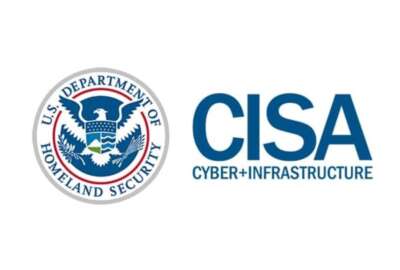Technology way behind on oil cleanup
Picking up globs of oil off the beach is no answer.
As a member of the species that caused the Gulf oil mess, I took some satisfaction from a report that claimed the human nose beats technology in detecting oil pollution in oysters.
That’s small comfort when oil slicks streak the Gulf waters and oil globules wash up on Gulf coast beaches, and we don’t seem to have the technology to meet the problem.
Oil giant BP finally has found a procedure that has abated the flow, but the company has not stopped the thousands of gallons of oil still pouring into the rich fishing waters off the Gulf Coast.
Capping a runaway well requires the kind of technology and sophisticated tools that oil companies develop and are best equipped to do so. The concern facing coastal states involves a different type of technology.
I’m talking about what we can do to prevent the disaster from getting worse. Such prevention is part the responsibility of the big oil prospectors, but it also is the duty of government to protect its citizens from such catastrophes.
Mississippi Governor Haley Barbour continues to say, “What oil?” even as it washes up on Mississippi beaches. The problem, Mr. Barbour says, is the media’s alarmist reporting.
President Obama is taking the cleanup seriously as he should and as governors in coastal states should. The measures that BP and the federal and state governments are using now are not much different from what were used in the 1989 Exxon Valdez spill in Alaska.
Coast Guard Admiral Thad W. Allen said Monday, “We’re adapting to an enemy that changes. As the spill changes, we need to change.” He also warned, “There will be oil out there for months to come. This will be well into the fall.”
What he didn’t say is that the damage will last much longer. Studies in 2007 showed the Exxon Valdez oil continues to enter the food chain and herring, a basic forage fish, have been wiped out in those waters. Haven’t we learned any new methods of removing oil from the oceans or directing it away from estuaries and beaches?
Governor Barbour recommends just picking up the oil globs that wash up on beaches and putting them in a bag. That may be okay for Mississippi, but the country and other states need to do better than that.
Our noses are not so effective in warning us against pride. That deadly sin along with the greed to cut costs are what caused BP to think it could “drill baby, drill” without disastrous consequences. We need a crash course now on how to deal more effectively with those consequences.
Copyright © 2025 Federal News Network. All rights reserved. This website is not intended for users located within the European Economic Area.





